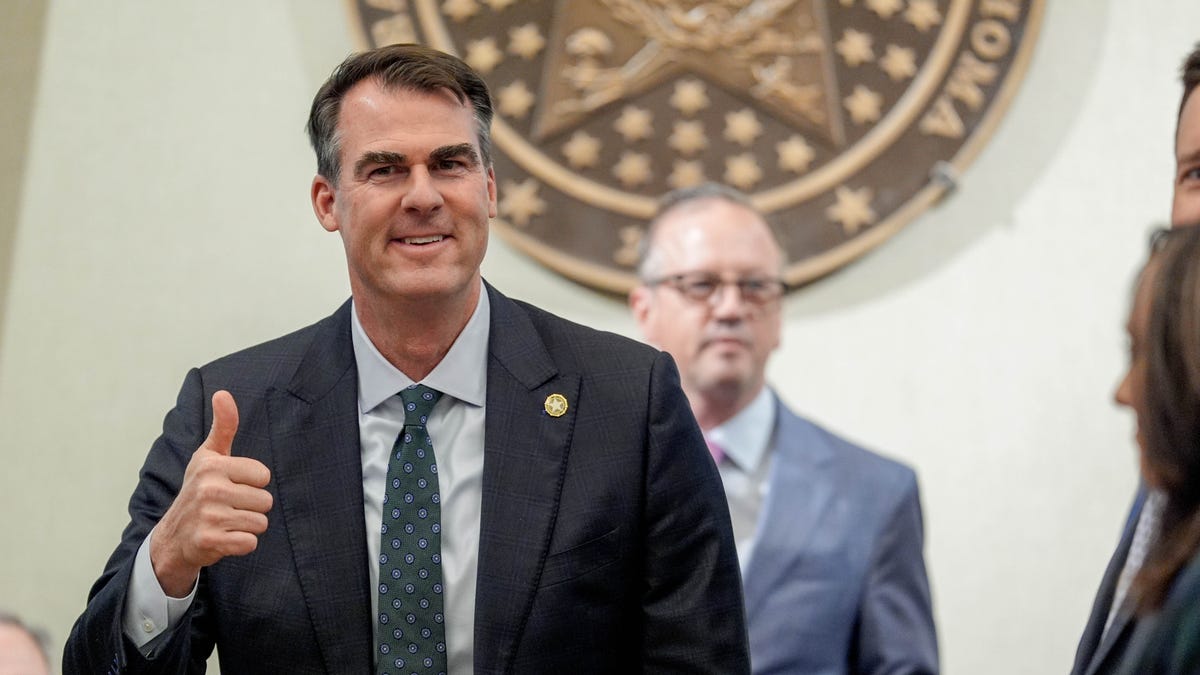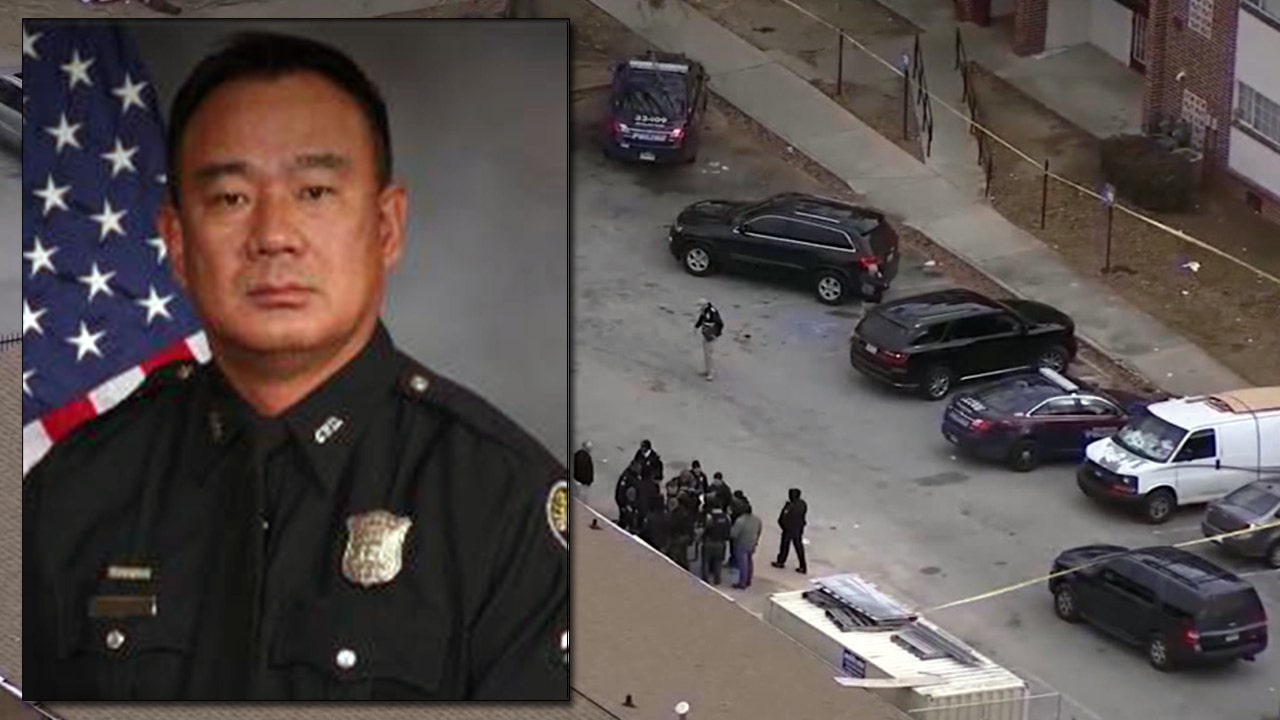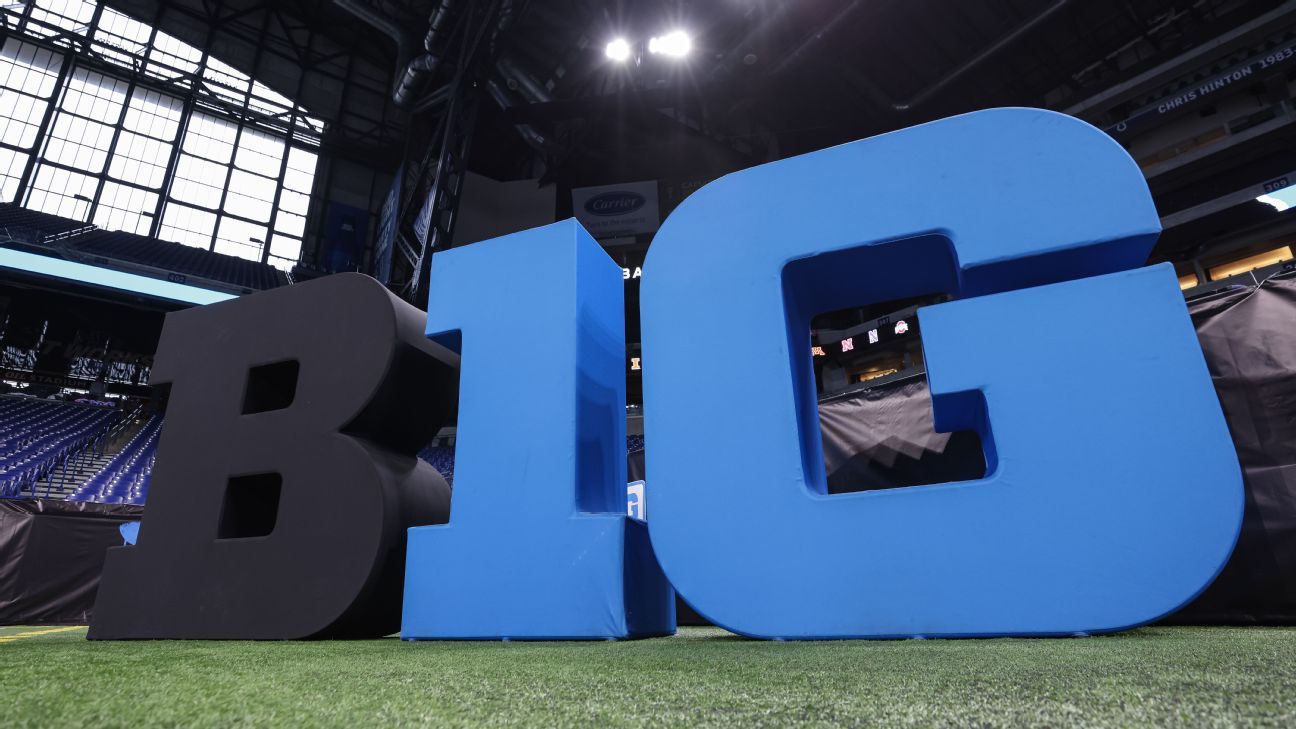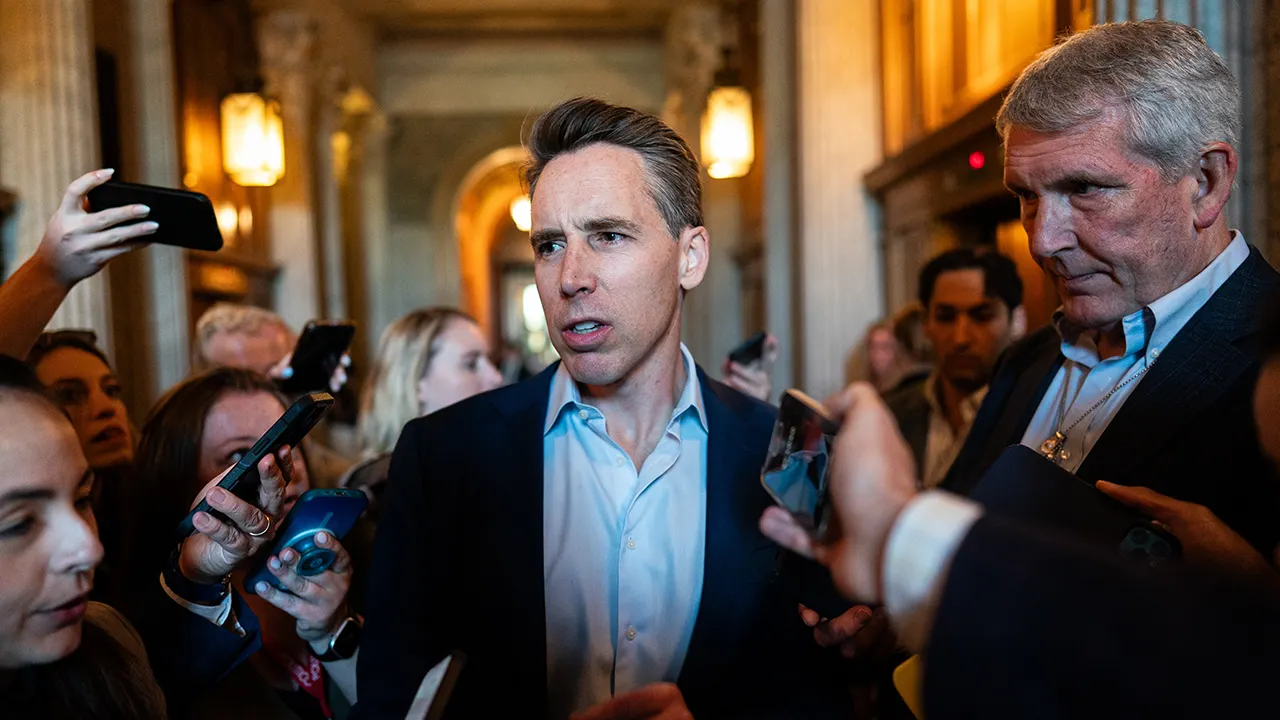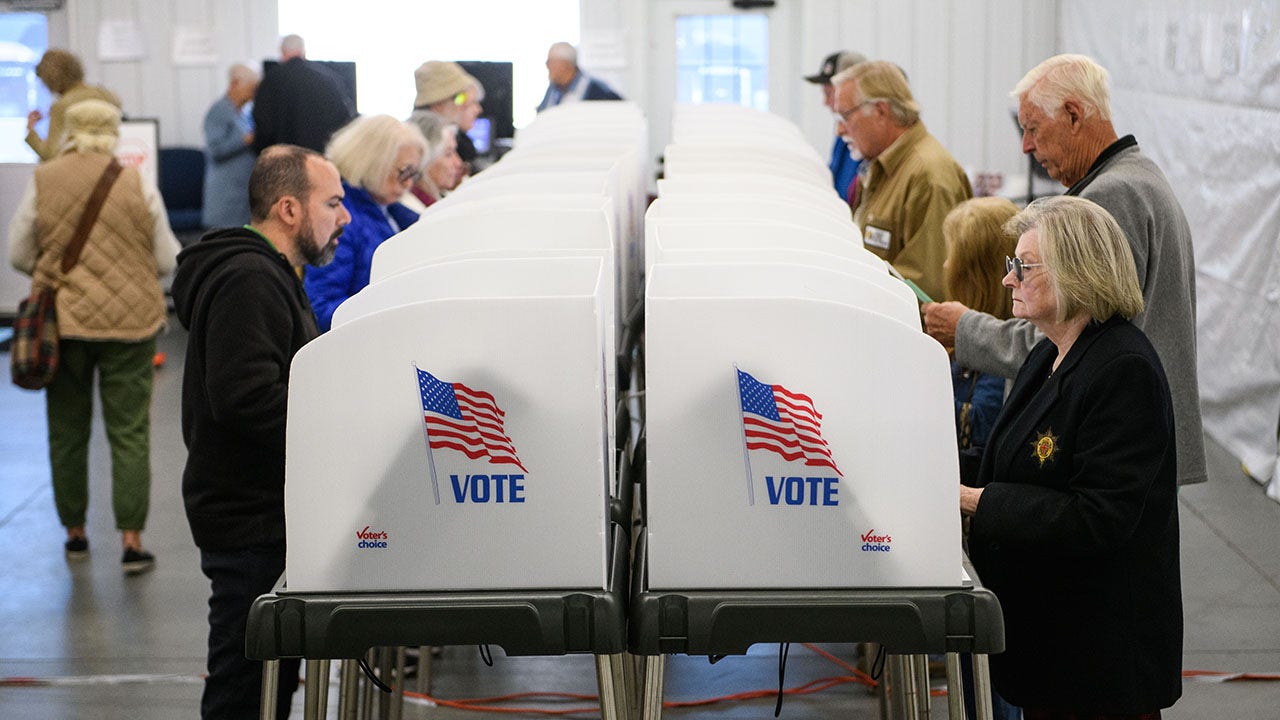Pennsylvania
Mom of two killed by wheel in ‘freak accident’ during tractor pull at Pennsylvania fair

A mother of two died in a “freak accident” while watching a tractor pull at a Pennsylvania fair when part of a vehicle’s wheel broke off during the competition and struck her in the neck.
Brandy Horner was killed Friday night at the Union County West End Fair in Laurelton after an “equipment malfunction” caused the exhaust wheel to dislodge and eject into the stands, striking the 33-year-old, according to Pennsylvania State Police.
Off-duty medical workers and first responders on the scene tried to help her before she was rushed to the hospital and pronounced dead.
“It was a freak accident,” fair President Dennis Boop told PennLive.com.
Though fair activities continued, the rest of the events at the pulling track were canceled “due to unforeseen circumstances,” fair organizers wrote on its Facebook page.
No foul play or criminality was suspected, police said.
Horner is survived by Travis, her husband of 10 years, and two sons, according to her obituary.
“Her world revolved around family but especially ‘her 3 boys,’ Troy, Blake and Travis,” the obit says. “She also enjoyed baking, gardening and camping with her family. Brandy will be sadly missed by many.”
Leah Spangler, the president of The Learning Lamp where Horner worked for many years, called her death a “huge loss.”
“Brandy’s heart was really into her work because she loved working with kids and saw the value in the preschool program,” Spangler told the Tribune-Democrat.
Jen Percinsky, director of one of Horner’s son’s preschool programs, told WJAC other teachers she knows were devastated.
“I know a lot of the teachers that worked with her,” she said. “Facebook is blowing up that they’re just devastated, and she pretty much raised their children, and she did such a great job with them.”
Tractor pulling is thought of as the “world’s heaviest motorsport,” where modified tractors or trucks drag a metal sled along a track, according to the National Tractor Pullers Association.
The tractor that pulls its sled the farthest distance is the declared winner.

Pennsylvania
Florida officially has more Wawa stores than Pennsylvania and New Jersey: report
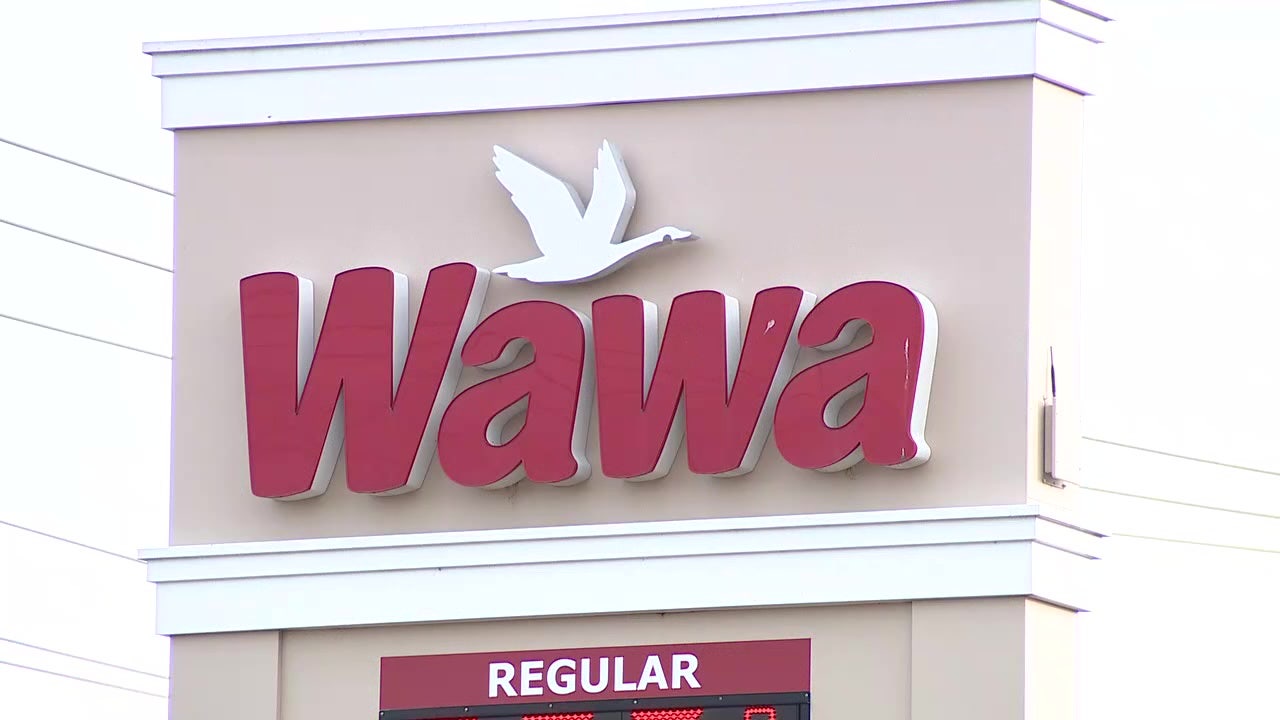
PENNSYLVANIA – It appears Florida’s “Gottahava Wawa” more than the Delaware Valley these days!
By the numbers:
Wawa has 1,121 locations in 12 states, along with the District of Columbia, according to data released by ScrapeHero.
It seems like the local staple keeps popping up on every corner, with 293 stores in New Jersey, another 263 in Pennsylvania, and just 50 in Delaware.
However, Florida now boasts the highest number with a whopping 304 locations, which is 27 percent of all Wawa stores in the U.S.
Has the “Sunshine State” officially taken over as the new “Wawa Capital?”
The backstory:
The first Wawa Food Market opened in Folsom, Pennsylvania, in 1969, followed by stores in Delaware and New Jersey by 1969.
It became a convenience store staple, supplying everything from hoagies and coffee to gas across the entire Delaware Valley.
Florida didn’t get its first location until 2012, but Wawa has been expanding across the state ever since.
The Source: Information from this article was sourced from ScrapeHero and Wawa.
Pennsylvania
Pennsylvania to provide nearly $8M to address teacher shortages
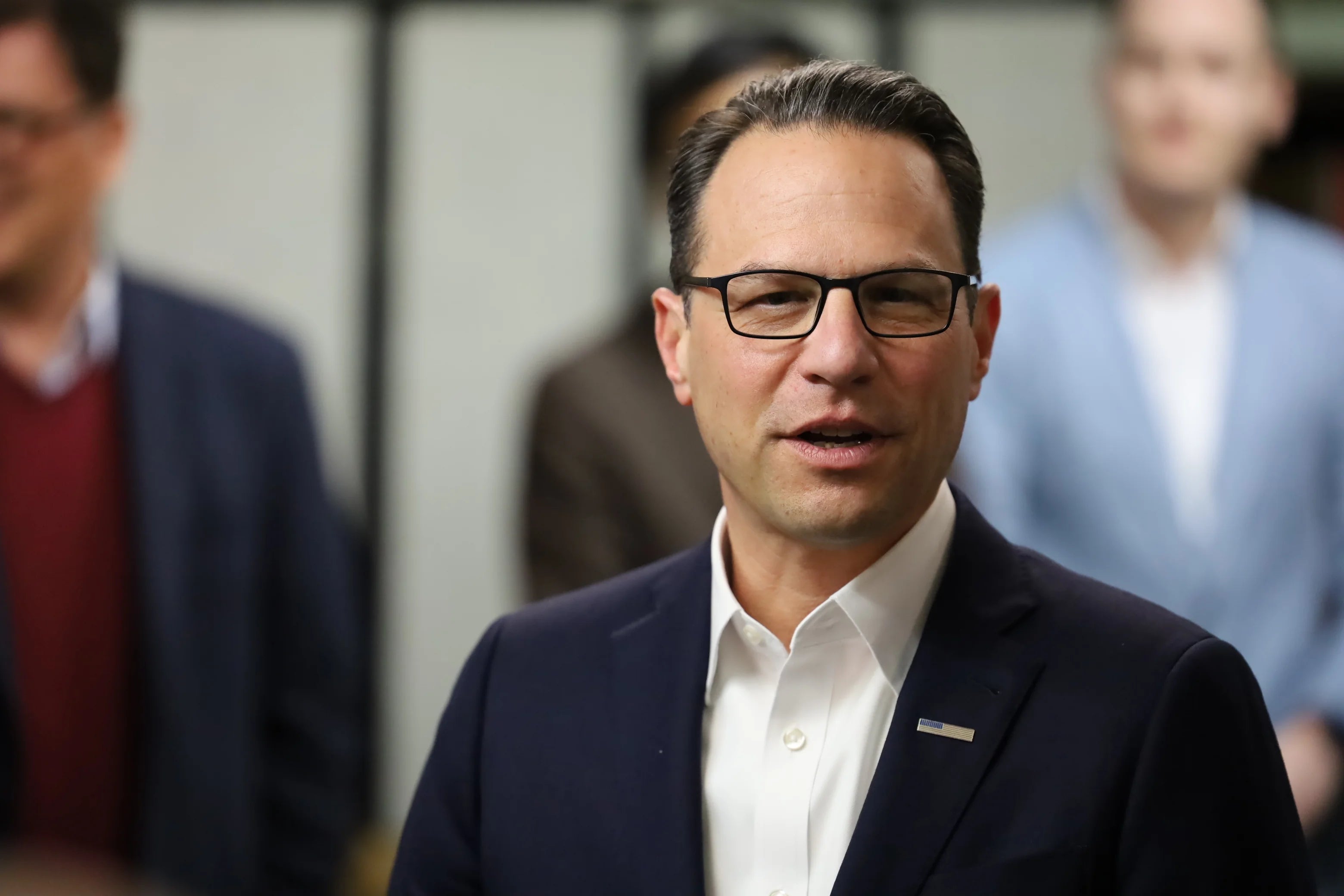
In May, Gwynedd Mercy University said it would partner with Bucks County Community College and BCIU to create the state’s first undergraduate apprenticeship program, with a focus on special education. This grant will help fund the program, said Deborah Schadler, coordinator of undergraduate education at Gwynedd Mercy.
Chester County Intermediate Unit 24 ($600,000): It will expand its post-baccalaureate special education apprenticeship program in high-need districts. The grant will also allow the Intermediate Unit to provide certification and mentorship programs to student teachers.
Esperanza Academy Charter School in Philadelphia ($400,000): The grant will be used by a partnership between Esperanza Academy and Eastern University to help paraprofessionals earn Bachelor of Science degrees in special education and acquire teacher certifications.
In the 2023-24 school year, the state Department of Education said it issued more than 6,600 teachers’ certificates, about 100 more than the previous school year. Still, about 5,500 teaching vacancies remain in Pennsylvania.
Why teaching shortages?
The teacher shortage is fueled by low pay and difficult working conditions, education advocates say, along with more teachers leaving the profession. The statewide attrition rate is about 7%.
Laura Boyce, executive director of Teach Plus, a nonprofit group, said the apprenticeship model for teachers is becoming increasingly popular nationwide.
In a related matter Monday, Pennsylvania Department of Human Services Secretary Dr. Val Arkoosh highlighted Gov. Shapiro’s 2025-26 budget proposal for a $55 million investment to give $1,000 retention and recruitment bonuses to eligible childcare providers in the state’s Child Care Works Program.
The state estimates that there are 3,000 childcare worker vacancies statewide. More than 300,000 children in Pennsylvania participate in the state’s childcare system.
“An early childhood education experience can shape the educational, social and emotional development of our youngest Pennsylvanians, providing a foundation that will reap benefits throughout their lives,” said Arkoosh in a visit to the Children’s Home of Pittsburgh & Lemieux Family Center on Monday.
Pennsylvania
Victims of violence share stories, fight for resources at Pa. state capitol
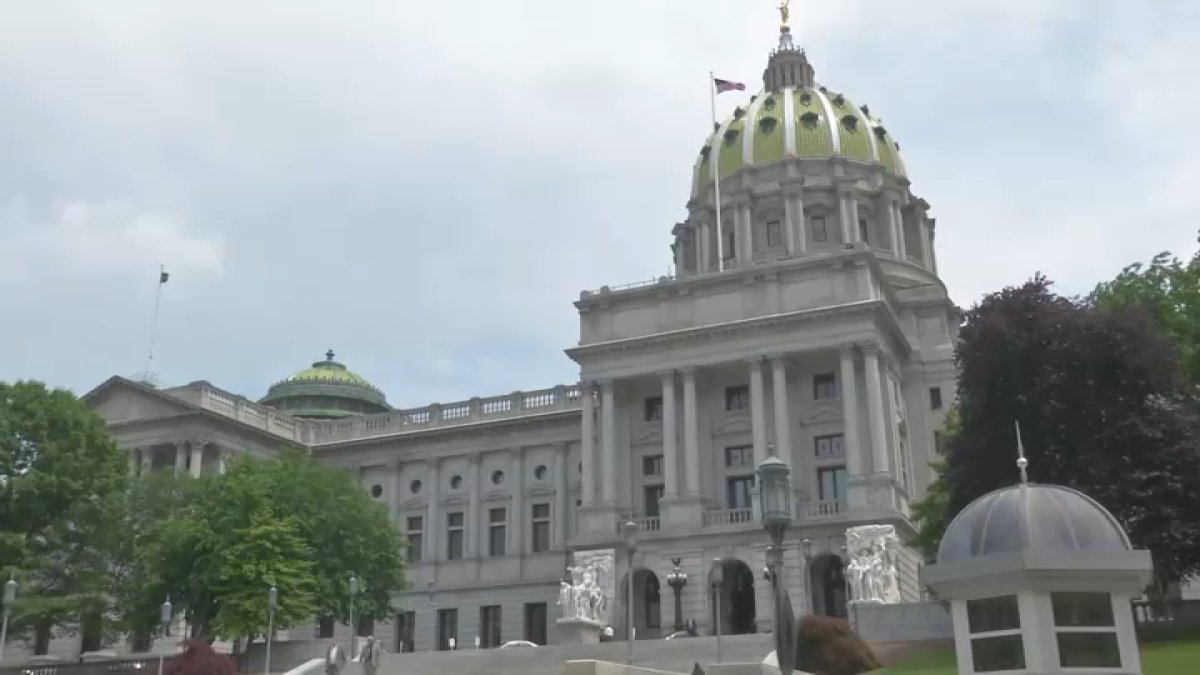
A group of advocates from around Pennsylvania are heading to Harrisburg on Tuesday hoping that state leaders will hear their stories and make legislative changes to help victims of violent crimes.
The push at the capitol on June 3 aims to give victims the resources and security they need while going through traumatic and tough times.
Yolanda Jennings is a survivor of domestic abuse and is all too familiar with losing loved ones to violence.
In 2004, Jennings said that her sister was stabbed to death by her fiancé during a domestic violence dispute. Then, in 2019, she said her cousin was shot and killed by the father of her children. Jennings also said that, in 2024, police shot and killed her son while he was having a mental health crisis.
“My faith is paramount to my survival. I could not do it if I did not have my faith. And then being able to help people every day. Knowing that all the things that I’ve gone through that now I can help somebody else get through their trauma,” Jennings told NBC10.
If you or someone you know is experiencing domestic violence, contact the National Domestic Violence Hotline by calling 1-800-799-SAFE (7233), visiting www.thehotline.org or texting LOVEIS to 22522.
That’s why, Jennings will join a coalition of crime victims, community members and advocates with crime survivors for safety and justice to bring their voices to Harrisburg to meet with state leaders.
“We are hoping to share with them our stories. To put a face on the people who need these services, because we are all survivors and nobody can tell our story better than us,” Jennings explained. “The whole society is affected by these things. And we just want to make sure that people get the resources that they need.”
The group is pushing for three bills to get passed.
- House bill 72: Provides tenants rights in cases of violence.
- House bill 1042: Offers nonviolent offenders vocational and education credit while serving time.
- House bill 964: Provides employment leave for victims and their families of violence.
The Pennsylvania Coalition Against Domestic Violence said that 119 people died because of domestic violence in the Keystone State in 2022. The organization reports that it serves about 90,000 people in the commonwealth each year.
The organization is also going to Harrisburg on Tuesday looking to secure $5 million to build three new trauma recovery centers in the state in Philadelphia, Pittsburgh and Altoona. As of 2025, there is only one and it’s located in Harrisburg.
-
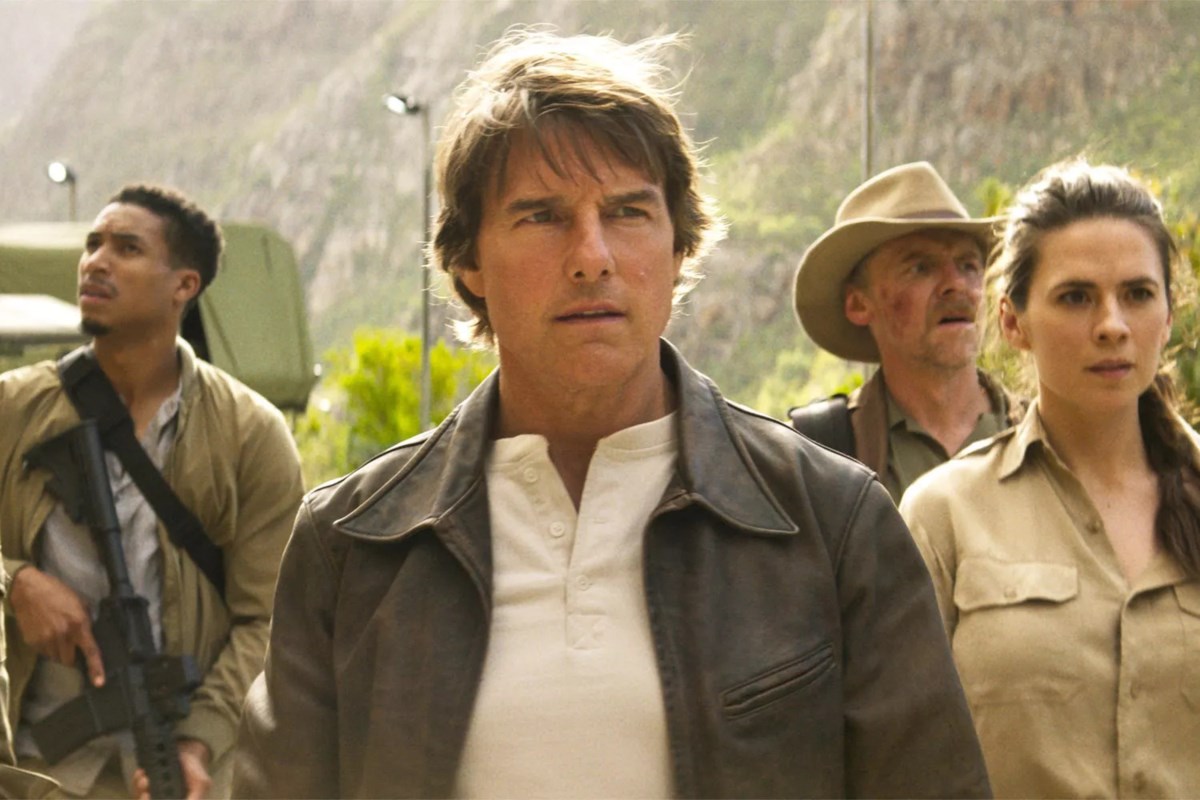
 Movie Reviews1 week ago
Movie Reviews1 week agoMOVIE REVIEW – Mission: Impossible 8 has Tom Cruise facing his final reckoning
-
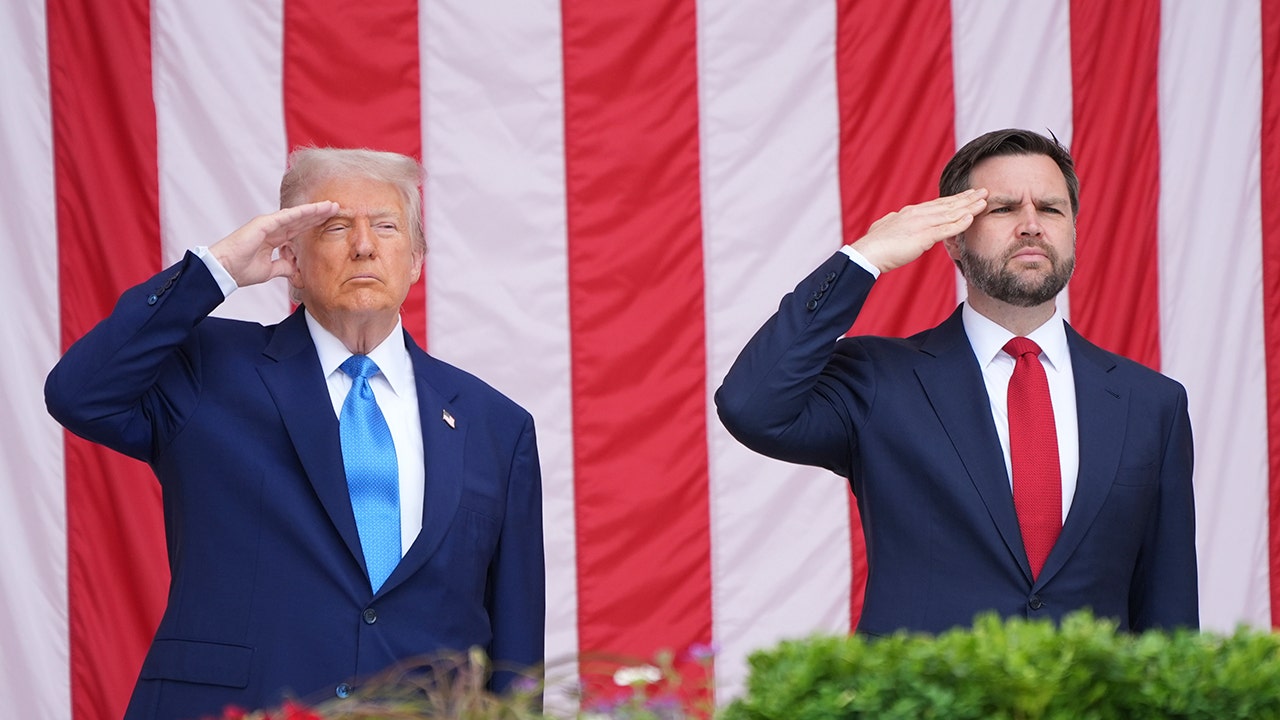
 Politics1 week ago
Politics1 week agoTrump honors fallen American heroes, praises God in Memorial Day address: 'Great, great warriors'
-

 Politics1 week ago
Politics1 week agoTrump admin asking federal agencies to cancel remaining Harvard contracts
-

 Culture1 week ago
Culture1 week agoCan You Match These Canadian Novels to Their Locations?
-
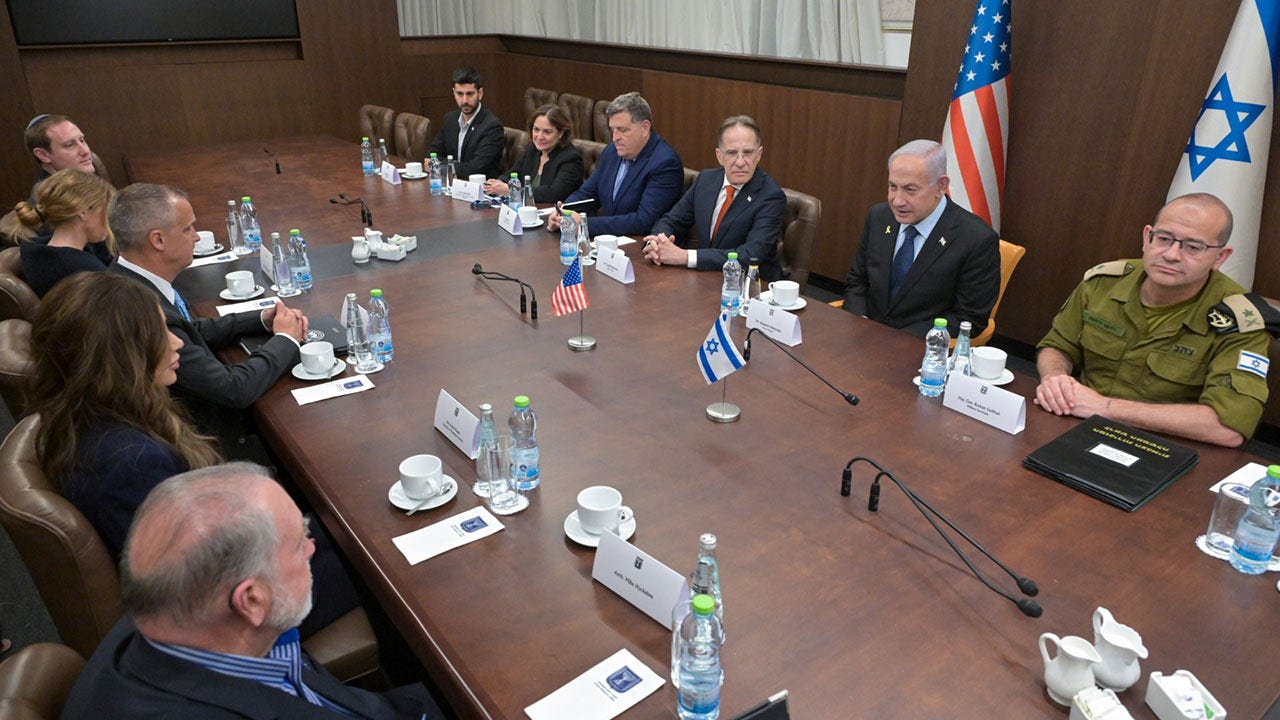
 Politics1 week ago
Politics1 week agoHomeland Security chief Noem visits Netanyahu ahead of Jerusalem Day
-

 News1 week ago
News1 week agoHarvard's president speaks out against Trump. And, an analysis of DEI job losses
-

 News1 week ago
News1 week agoRead the Trump Administration Letter About Harvard Contracts
-

 Technology1 week ago
Technology1 week agoThe Browser Company explains why it stopped developing Arc
